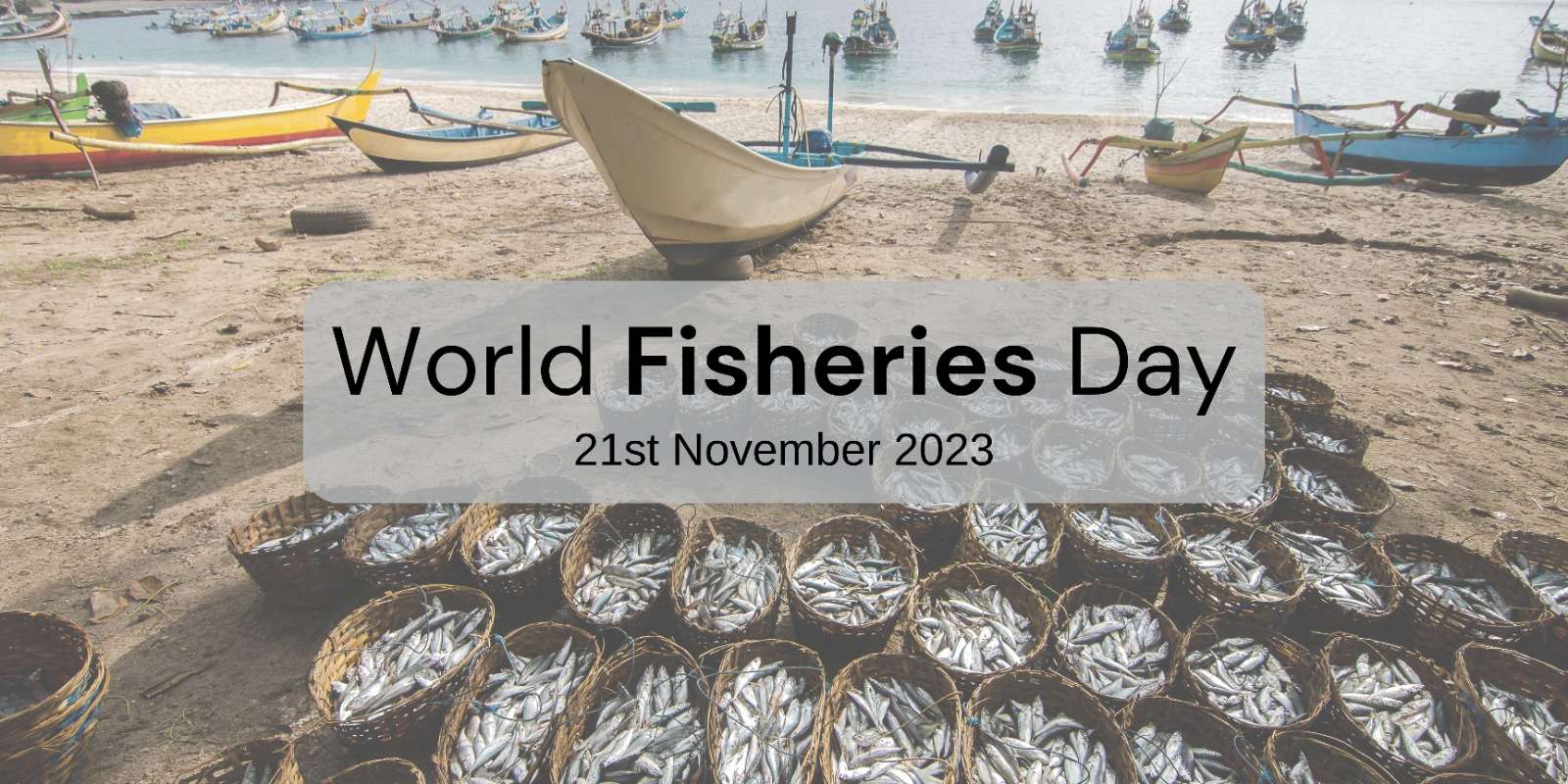World Fisheries Day

Celebrated on November 21 every year, World Fisheries Day honors the vital role of fisheries in sustaining life and the global economy. This day is dedicated to highlighting the crucial importance of maintaining the balance between human need for marine resources and the preservation of aquatic ecosystems. With a rich history and a focus on sustainable practices, World Fisheries Day serves as a reminder of the challenges faced by fishing communities worldwide and the urgent need for concerted conservation efforts.
History of the Day
World Fisheries Day was first established by the World Fisheries Forum (WFF) in 1997 in New Delhi, India, to draw attention to overfishing, habitat destruction, and other serious threats to the sustainability of aquatic resources. Since then, the day has gained international recognition, serving as a platform for raising awareness and promoting responsible fishing practices.
Significance of the Day
The significance of World Fisheries Day lies in its ability to shed light on the intricate balance between human consumption and the preservation of marine ecosystems. It emphasizes the importance of responsible fishing practices to ensure the long-term viability of fish stocks, as well as the livelihoods of millions of people dependent on the fishing industry.
Theme
Each year, World Fisheries Day is celebrated with a specific theme that addresses the most pressing issues facing the fisheries sector. These themes often revolve around sustainable fishing, marine conservation, climate change, and the socio-economic well-being of fishing communities. The themes serve as a guiding principle for policymakers, researchers, and stakeholders to devise strategies that promote sustainable development in the fishing industry.
Sustainable Practices and Conservation Efforts
Sustainable fishing practices are at the forefront of the global effort to maintain healthy fish stocks and preserve aquatic biodiversity. These practices include regulating fishing quotas, minimizing bycatch, and implementing effective marine conservation strategies. Additionally, the promotion of aquaculture and responsible fish farming has become increasingly important in meeting the growing global demand for seafood while reducing pressure on wild fish populations.
Role of Communities
World Fisheries Day acknowledges the critical role of fishing communities in sustaining the industry and preserving marine resources. These communities often face significant challenges, including limited access to resources, inadequate infrastructure, and the adverse impacts of climate change. Empowering these communities through education, technology transfer, and improved market access is crucial to ensuring their long-term resilience and well-being.
Challenges Faced by Fisheries Men
Fishermen and women confront various challenges, including declining fish stocks, pollution, climate change, and unsustainable fishing practices. These issues not only threaten their livelihoods but also have far-reaching implications for global food security and the health of marine ecosystems. Addressing these challenges requires collaborative efforts among governments, non-governmental organizations, and local communities to implement effective policies and initiatives that promote sustainable fisheries management.
Conclusion
World Fisheries Day serves as a global platform for advocating sustainable fishing practices and raising awareness about the vital role of fisheries in supporting livelihoods and ensuring food security. By fostering collaboration and promoting responsible resource management, the day underscores the need for a collective commitment to preserving marine ecosystems for future generations. Embracing sustainable practices and empowering fishing communities are essential steps toward ensuring a balanced and thriving marine environment.
Key Points for UPSC Aspirants
- World Fisheries Day: November 21
- Established by the World Fisheries Forum in 1997
- Focus on sustainable fishing practices and marine conservation
- Role of fishing communities in sustaining the industry and preserving marine resources
- Challenges faced by fishermen: declining fish stocks, pollution, climate change, and unsustainable practices
- Importance of collaborative efforts among stakeholders for effective fisheries management.
Tags:
Best teachers in every subject.
Let’s get started
We can teach you anything
